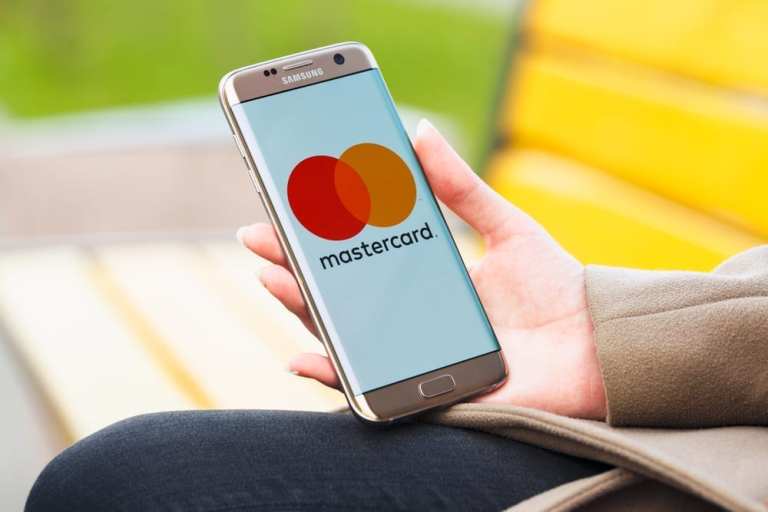Mastercard’s Track Card To Account Transfer Streamlines B2B Payments

Mastercard has added new B2B payment features in the Asia Pacific, intending to bolster its services for businesses looking for diverse payments methods, a press release says.
The Mastercard Track Card to Account Transfer, the release says, will let businesses use commercial cards to pay suppliers even if the suppliers don’t take card payments.
The new payment facility will help to boost cash flow management and automate payments. Manual work won’t be as necessary and businesses will be able to access expanded payment operations, the release says.
Mastercard Track was debuted in 2018, and works on real-time data collection and faster payments, helping businesses with B2B payments.
The company says Mastercard Track can aid suppliers and buyers in tackling the systemic challenges of the B2B payments, and innovating the ways which companies can send and receive funds.
Mastercard’s actions are in keeping with the needs of the time, as 57 percent of small business players are looking to digital practices to boost B2B payments in the wake of the global pandemic. Meanwhile, 64 percent of small businesses are trying to dissuade users from paying with paper cash or checks.
The global digital B2B market growth will come with enhancements to areas such as real-time payments and more adoption of cloud-based services, smartphone penetration, business process automation and the emerging B2B eCommerce industry.
Earlier this year, Mastercard also debuted a way to speed up cross-border payments to China. Under the new service, businesses can send transfers to any bank in China and access real-time exchange rates. Bank of Shanghai’s collaboration with the company made this possible, and Mastercard’s Cross-Border Services aims to connect the entire world through payments.
In August, Mastercard added 11 new companies to its Start Path startup engagement program, acknowledging the impact FinTechs were having on the global digital economy. Ken Moore, executive vice president and head of Mastercard Labs, noted the dramatic shift toward a digital economy, rife with more acceptance of cryptocurrencies and blockchain, saying the company would be able to use all the partners it could help to develop.